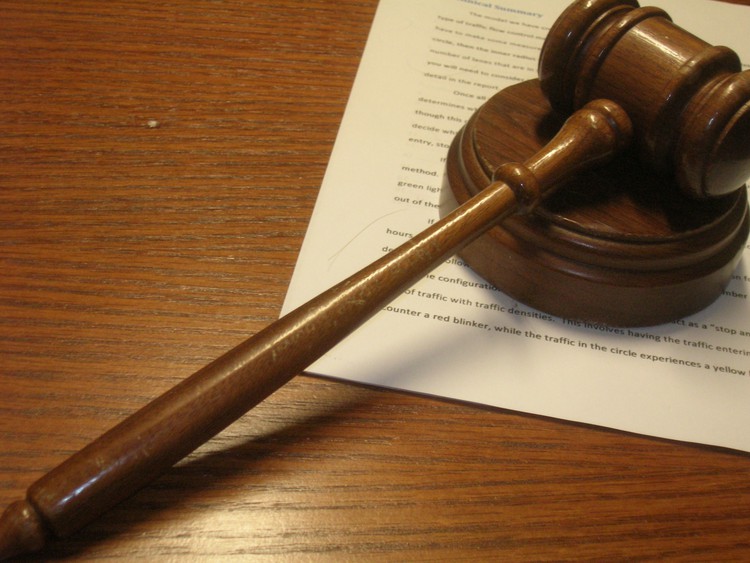Court setback for Special Investigating Unit’s bid to recover money
The unit claimed that the state attorney had not done its job properly in a medical negligence case
The Special Investigating Unit tried to overturn a judgment in the Eastern Cape High Court on the basis of information gathered during its corruption investigation. Photo: Brian Turner via Flickr (CC BY 2.0)
- The Special Investigating Unit applied to overturn a medical negligence judgment in the Eastern Cape High Court.
- The unit said during corruption investigations it had discovered that the state attorney’s office had not done its job properly.
- But Judge Bantubonke Tokota said the unit had no legal standing to intervene.
An attempt by the Special Investigating Unit to overturn a R9 million medical negligence judgment in the Eastern Cape High Court has failed. The unit said it had discovered during investigations into widespread corruption in the province that the state attorney’s office had not done its job properly.
But the judge refused to re-open the case, which was finalised last year.
In its unusual application, which came before Eastern Cape High Court Judge Bantubonke Tokota, the unit wanted an order rescinding all court judgments relating to the damages matter brought by an Eastern Cape mother against the MEC for Health.
This included a settlement of liability, an agreement to make an interim payment of R2.6 million to the mother and the final R9 million settlement, all of which were made last year. The claim was a result of negligence during an operation on her newborn baby which caused permanent damage.
The SIU, which is investigating maladministration in the state attorney’s office, claimed that the state had not been properly represented and had the evidence of an expert, a paediatric neurosurgeon, been led, the state’s case would have been bolstered.
But the Judge said the SIU did not have any legal standing to intervene.
“The unit contends that the case was mishandled and the defendant failed to call a crucial witness. But it has not set out any facts relating to this. It merely asserts that this failure has resulted in financial prejudice,” the judge said.
“The claim that the witness would have bolstered the defence’s case is based on speculation,” he said noting the expert, in his report before the trial judge, had actually said that the state was liable.
Judge Tokota said only an appeal court could allow the re-opening of cases, on appeal by parties involved at the trial.
“If organs of state with powers to investigate corruption and related maladministration were allowed to re-open cases in which they were not involved, it would bring about chaos and uncertainty.”
He said to grant the application would open the floodgate to endless litigation.
Judge Tokota said the unit, if it believed the trial had been handled recklessly, could attempt to recover damages from the State Attorney’s office.
“There may be merits in the suspicion of corruption in the handling of medical negligence cases, especially in the Eastern Cape, however cases are decided on facts and not suspicions.”
Judge Tokota ordered the unit to pay punitive costs, saying he found the founding affidavit “tiring, boring and irritating”.
Next: Families abandoned to deadly asbestos risk
Previous: Recipient of R7m in Lottery money won’t say what it’s for
© 2020 GroundUp. This article is licensed under a Creative Commons Attribution-NoDerivatives 4.0 International License.
You may republish this article, so long as you credit the authors and GroundUp, and do not change the text. Please include a link back to the original article.



